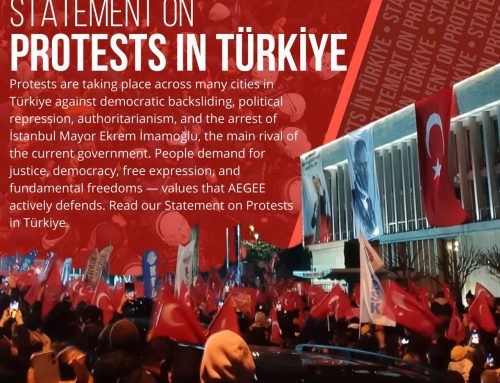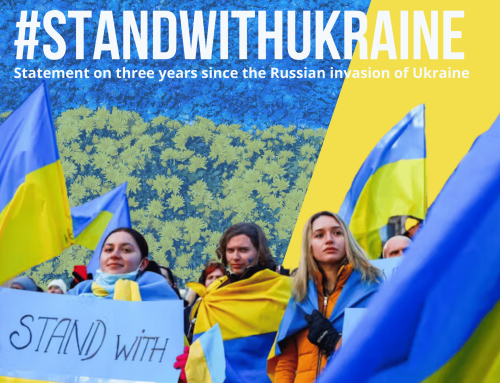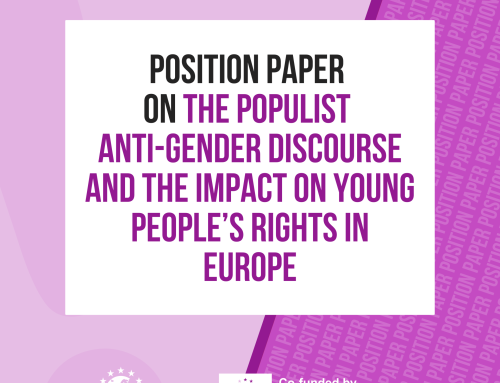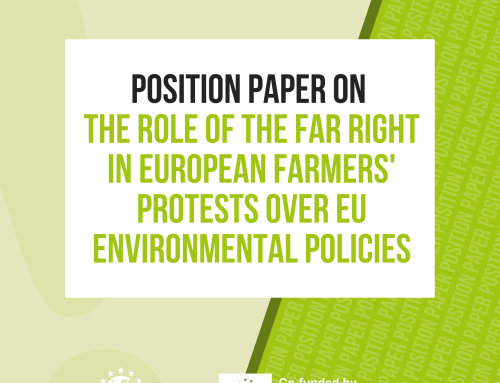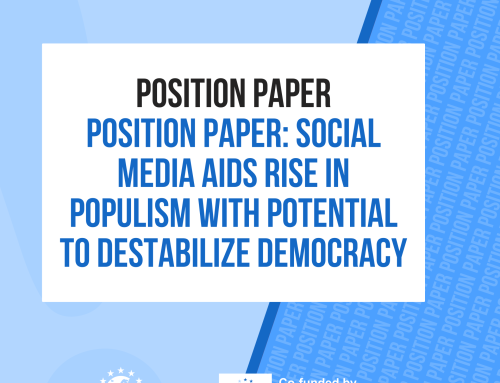Just two weeks ago the European Commission presented the first draft of the Multiannual Financial Framework for the years 2014-2020. The new perspective shows that the European Commission very seriously treats the needs, goals and challenges described in the EU2020 strategy and is strongly willing to realise them. The pro-active approach of the Commission shows that the strategies presented already several months ago by Mr. Barroso might be something more than just ambitious and nicely looking promises, but can become real strategies.
The momentum for big changes and taking new responsibilities, described in the Lisbon Treaty is not the most suitable, due to the still visible fiscal and financial crisis in many European countries, which causes cuts in national budgets and puts a lot of pressure on the European Commission rather to limit expenses, than to increase them. But even in this uncomfortable situation the European Commission presented a very ambitious budget which is just slightly bigger, but stresses far more budget lines which will allow the EU2020 strategy to be implemented.
The first major difference is a significant reduction in the Common Agricultural Policy (CAP) which has been till now one of the biggest parts of the European budget. For many of us it is a very good piece of news, which proves that Europe stops being a medieval structure focused on farmers and agricultures, but becomes more oriented on new technologies, future and development. The savings made on agricultural are now invested, in the proposal, as we still have to remember that the communication presents just a draft prepared by the Commission, on which still Member States and the European Parliament have to agree, in three other major fields, in which we can notice a major growth of expenses. First field is the European infrastructure, with a focus on pan-European transportation corridors, connecting many countries and ensuring smooth communication between European states and their neighbours. Another key policy area which will benefit from the new MFF is Global Europe, meaning the European Union presence on the international stage, which might be a consequence of much broader competences of the EU in the field of international representation and cooperation.
But what is the most interesting for us, young people, is the growth in key areas for youth, education, new technologies research, innovation and culture. What is interesting is that the European Commission claims almost 70% growth in expenses on education and culture, which includes also sport and youth. Though the amount might look optimistic and promising it is hard to evaluate the real growth, as previously these expenses were allocated in many different lines, so the real growth is still to be estimated.
The real question for us, young people working and being active in organisations focused on non-formal education is how big part of this huge cake will get to the successor of the Youth in Action programme, which is designed to support non-formalised ways of education. Until 2013 the programme will have been in existence as an independent support system, but after that date it will become a part of the Education Europe scheme. That might cause a risk of limiting its financial security and shifting some amounts of money from it to better recognised and more visible programmes like Erasmus, Vinci or Erasmus Mundus (whereas there is no sureness that these will be the names of new sub-programmes).
What is crucial for us, as well as for many more young people learning by doing, travelling to broaden our horizons and participating in voluntary services, is to ensure that the same, significant growth of funds will be a case of the follower of the current Youth in Action programme. Not only in the proposed shared budged, but also ensured by huge independence of the programme. However the programme contributes to educating young Europeans it is far different from other programmes and is the only chance for young people to learn from their peers and that possibility has to be continued.
Youth programme deserves rise in funds and autonomy to show young people that their voice and involvement matters.
by Miroslaw Krzanik

